1. The Scopes Monkey Trial (1925)
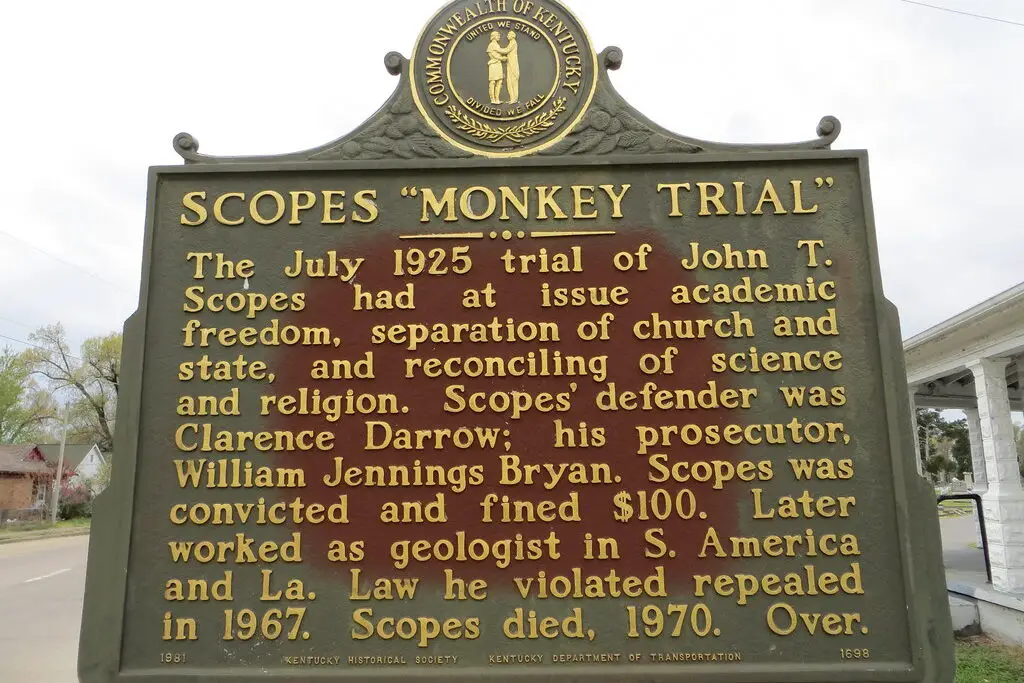
When Tennessee high school teacher John T. Scopes was put on trial for teaching evolution, the entire country turned its attention to the small town of Dayton. The case wasn’t just about one teacher breaking a law—it was about science versus religion, modernism versus tradition. With famed attorney Clarence Darrow defending Scopes and three-time presidential candidate William Jennings Bryan arguing for the prosecution, the courtroom became a battleground. The trial was one of the first to be broadcast on radio, drawing nationwide fascination. Scopes was found guilty and fined $100, but the ruling was later overturned on a technicality says HISTORY.
Despite that, the debate raged on. The trial exposed deep divisions in American society, with some seeing it as a victory for scientific thought and others as a threat to biblical teachings. It highlighted the tension between progress and tradition, a debate that still lingers in classrooms today. Even now, discussions over evolution, intelligent design, and science education continue to spark controversy.
2. The Lindbergh Baby Kidnapping (1932)

When famed aviator Charles Lindbergh’s 20-month-old son was kidnapped from his home in New Jersey, the nation was horrified. The crime captivated Americans, leading to an exhaustive search and the eventual discovery of the child’s body. The investigation was chaotic, with ransom notes, false leads, and desperate attempts to track down the perpetrator. Eventually, authorities arrested Bruno Hauptmann, a German immigrant, who was convicted and executed for the crime shares the FBI.
Despite the trial’s conclusion, doubts lingered. Some believed Hauptmann was innocent or that others were involved. The case led to the passage of the “Lindbergh Law,” making kidnapping a federal offense. Even today, true crime enthusiasts debate whether justice was truly served.
3. The McCarthy Hearings (1950s)
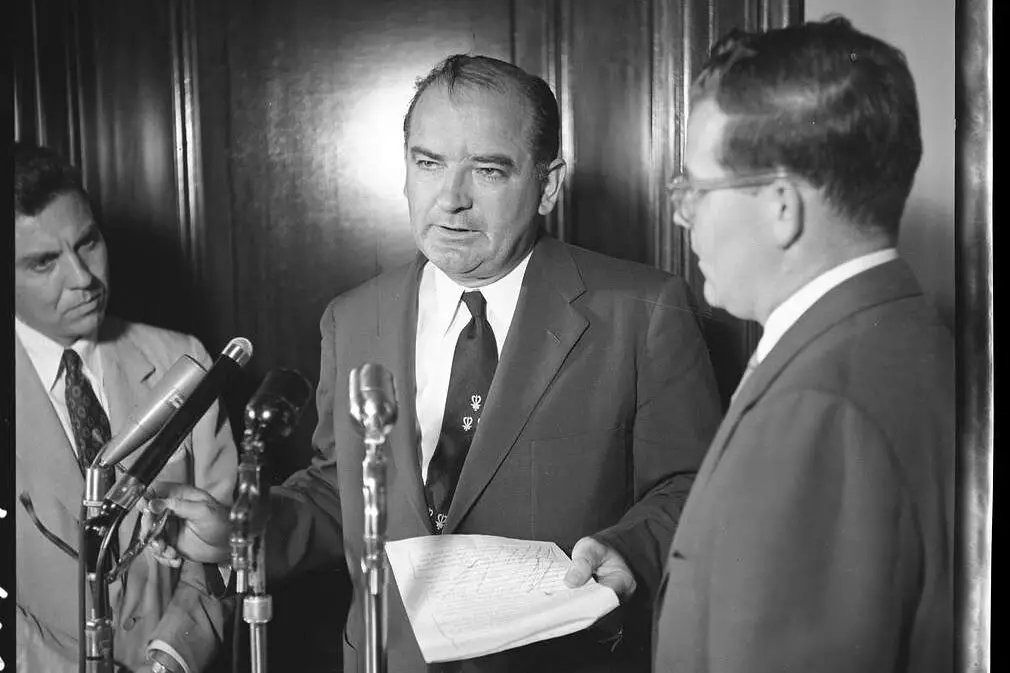
Senator Joseph McCarthy’s hunt for Communists in government sent shockwaves through America. Using fear as his weapon, McCarthy accused government officials, Hollywood figures, and everyday citizens of being Soviet sympathizers. His aggressive questioning and the infamous blacklist destroyed careers and reputations. The hysteria led to a climate of suspicion, where anyone who had ever attended a left-leaning meeting or expressed progressive views was at risk explains the U.S. Senate.
It all came crashing down in 1954 when he took on the U.S. Army in televised hearings. Americans finally saw his bullying tactics exposed, and his credibility crumbled. By the end of the decade, McCarthy was censured by the Senate and faded into disgrace. Still, his era serves as a cautionary tale about political fearmongering.
4. The JFK Assassination (1963)
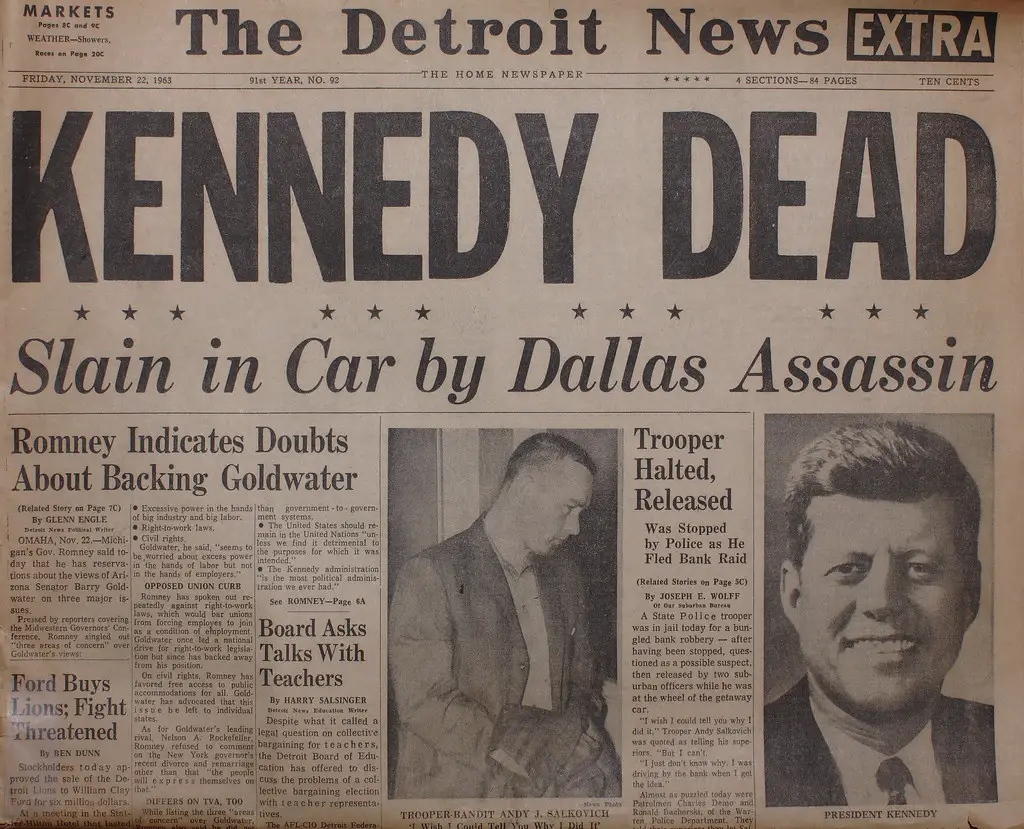
When President John F. Kennedy was shot in Dallas on November 22, 1963, the country stood still. The news spread rapidly, with TV networks broadcasting updates as Americans sat in stunned silence. The official story—that Lee Harvey Oswald acted alone—left many unconvinced. In the years that followed, countless conspiracy theories emerged, questioning everything from the number of shooters to the involvement of the CIA or the Mafia adds the National Archives.
The Warren Commission’s report failed to quell doubts. Even today, the debate over what really happened in Dealey Plaza rages on. The assassination left an indelible mark on American history, altering the nation’s trajectory. It also set the stage for a long-running skepticism of government narratives.
5. The Pentagon Papers (1971)

When Daniel Ellsberg leaked the Pentagon Papers to the press, he exposed years of government deception about the Vietnam War. The classified documents revealed that multiple administrations had misled the public about U.S. involvement in Vietnam. The Nixon administration scrambled to block publication, but the Supreme Court ruled in favor of press freedom. The revelations fueled anti-war protests and deepened public distrust in government.
Ellsberg was charged under the Espionage Act, but the case was dismissed due to government misconduct. The Pentagon Papers fundamentally changed journalism, reinforcing the role of the press as a check on power. The scandal also contributed to Nixon’s growing paranoia, which played a role in Watergate.
6. Watergate (1972-1974)

What started as a break-in at the Democratic National Committee headquarters became one of the biggest political scandals in U.S. history. Investigations revealed that President Nixon’s administration was involved in illegal activities, including spying and obstruction of justice. As reporters Bob Woodward and Carl Bernstein uncovered more details, public outrage grew. Nixon’s efforts to cover up the scandal ultimately backfired.
Facing almost certain impeachment, Nixon resigned in 1974, becoming the first U.S. president to do so. Watergate eroded trust in government and changed political journalism forever. The suffix “-gate” even became shorthand for future scandals. It remains a textbook example of the consequences of corruption.
7. The Iran-Contra Affair (1980s)
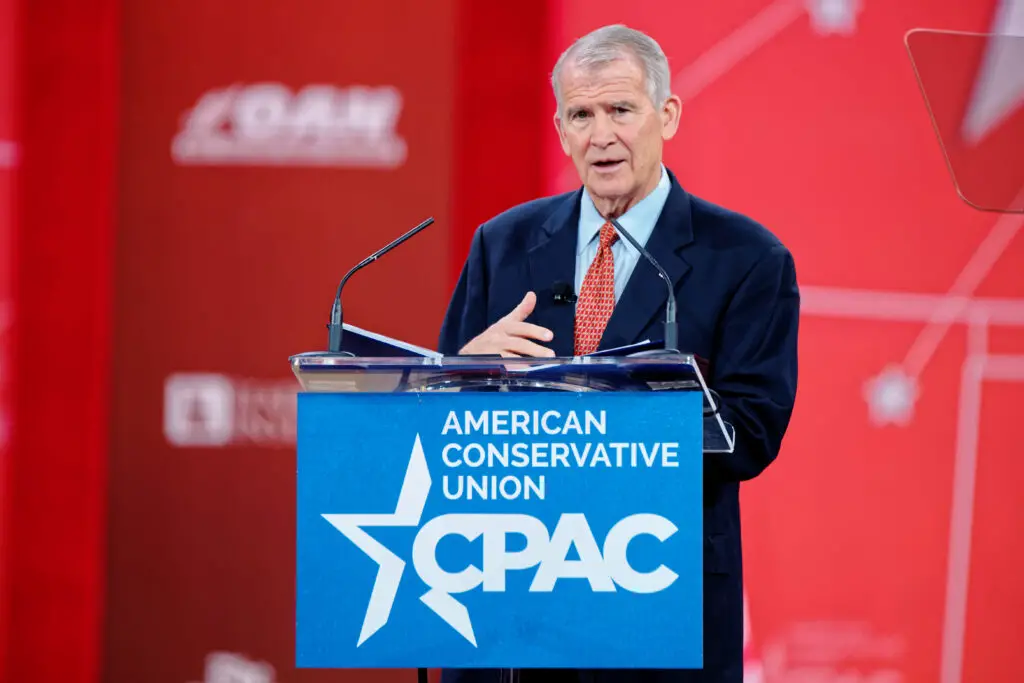
During Reagan’s presidency, a secret operation involving arms sales to Iran and funding Nicaraguan rebels came to light. The scandal was a convoluted mess—Congress had banned aid to the Contras, yet members of the administration found a way around it. The operation violated U.S. policy, and when exposed, it led to multiple investigations.
Despite the controversy, Reagan’s approval ratings didn’t take a huge hit. Several officials were convicted, but most had their sentences overturned or were pardoned. The affair reinforced fears of unchecked executive power. It also highlighted the shadowy nature of covert U.S. foreign policy.
8. The Rodney King Beating and LA Riots (1991-1992)
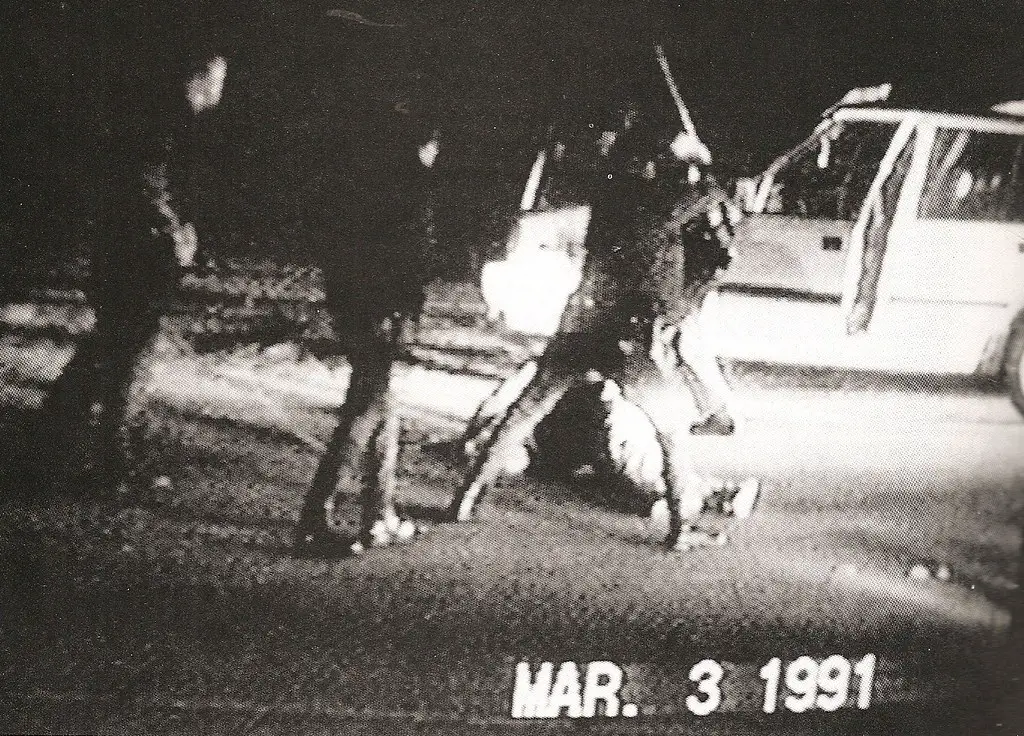
When footage surfaced of LAPD officers brutally beating Rodney King, the country was outraged. The trial that followed was just as explosive—when the officers were acquitted, Los Angeles erupted in six days of riots. Businesses burned, people were injured, and the National Guard was called in.
The riots reflected deeper racial tensions and police brutality issues. While federal charges later led to some convictions, the scars of that event linger. It forced America to confront issues that, unfortunately, persist to this day. The case remains a pivotal moment in the country’s civil rights struggle.
9. The O.J. Simpson Trial (1995)
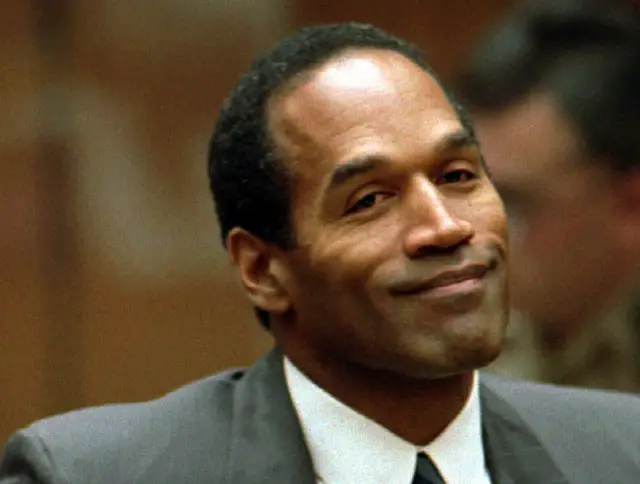
O.J. Simpson’s murder trial captivated the nation like no other. The former football star was accused of killing his ex-wife, Nicole Brown Simpson, and her friend Ron Goldman. The case had everything—celebrity, race, police corruption, and a high-speed chase. Millions watched as the trial unfolded on live TV, making it the most-watched legal drama in history.
When the jury found Simpson not guilty, the reaction was deeply divided. Many saw it as a failure of the justice system, while others viewed it as payback for systemic racism in law enforcement. The case sparked debates on race, fame, and privilege in America. Decades later, it still fascinates people.
10. The 2000 Election Recount
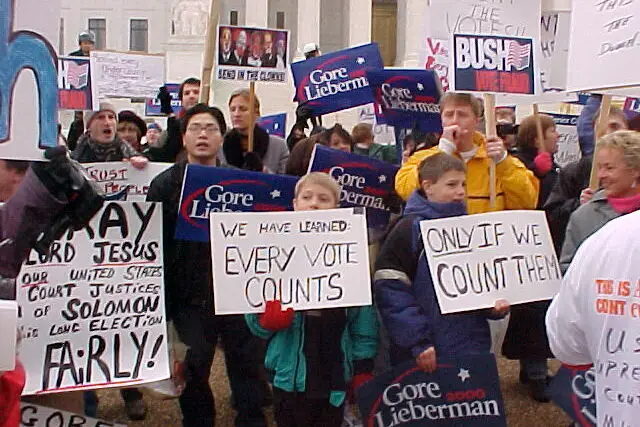
The battle between George W. Bush and Al Gore came down to a razor-thin margin in Florida. The chaotic recount process involved hanging chads, lawsuits, and confusion. After weeks of legal battles, the Supreme Court intervened, effectively handing the presidency to Bush.
The decision remains one of the most controversial in U.S. history. Many Americans felt the election was unfairly decided. It exposed flaws in the voting system and fueled distrust in electoral processes. The drama of that election still looms over discussions about voting rights today.
11. The Monica Lewinsky Scandal (1998)
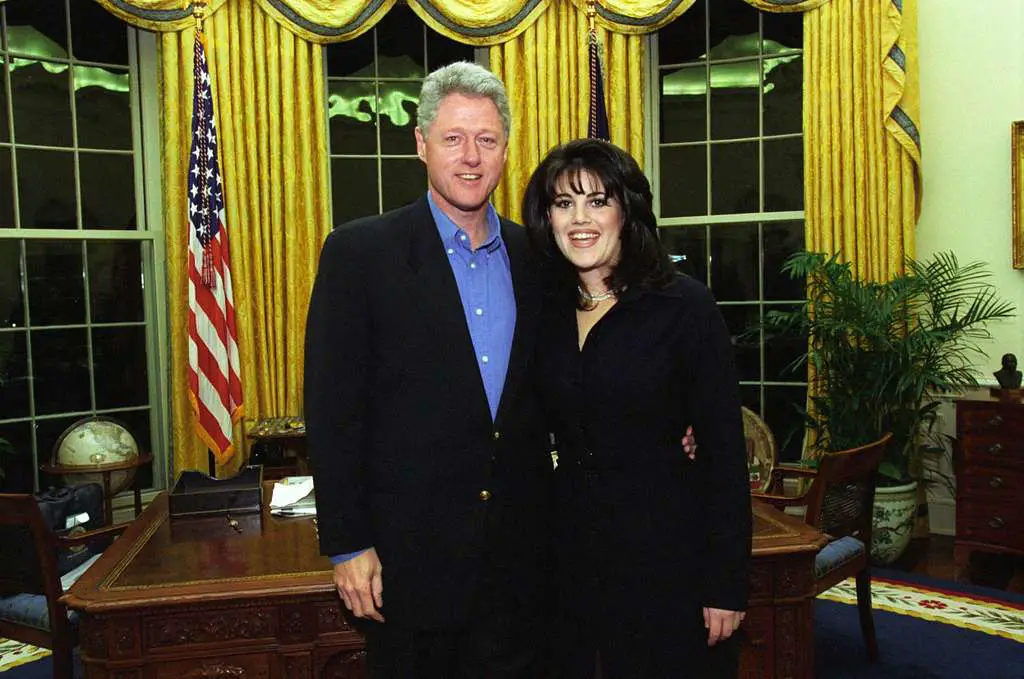
When President Bill Clinton’s affair with White House intern Monica Lewinsky became public, it dominated headlines. The scandal led to an impeachment trial, with Clinton accused of perjury and obstruction of justice. His infamous “I did not have sexual relations with that woman” statement only added fuel to the fire.
Though Clinton remained in office, the scandal changed political discourse forever. It raised questions about personal morality and public leadership. Lewinsky, once vilified, later reclaimed her narrative, becoming an advocate against public shaming. The story remains one of the most memorable political scandals.
12. The Iraq War Justification (2003)
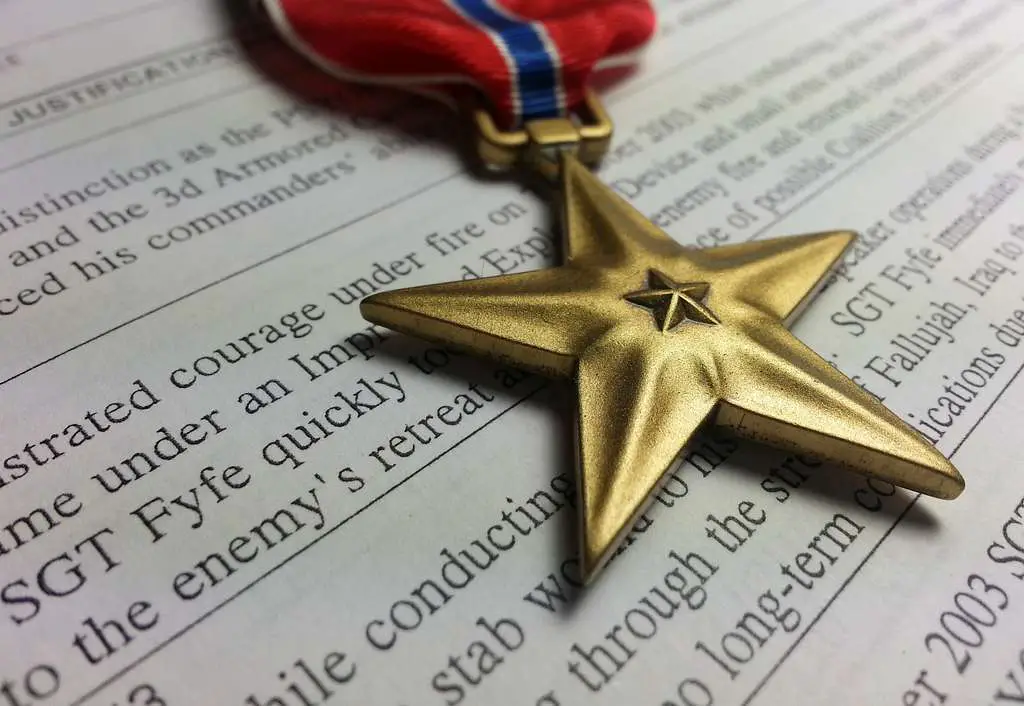
The Bush administration claimed Iraq had weapons of mass destruction, leading to a full-scale invasion. As the war dragged on, it became clear that those weapons didn’t exist. The revelations fueled massive protests and deepened distrust in government narratives.
The war’s legacy is still debated today. It reshaped U.S. foreign policy and left a lasting impact on the Middle East. Many believe it was a costly mistake, both in human lives and financial burden. The controversy over its justification remains one of the most significant of modern times.
